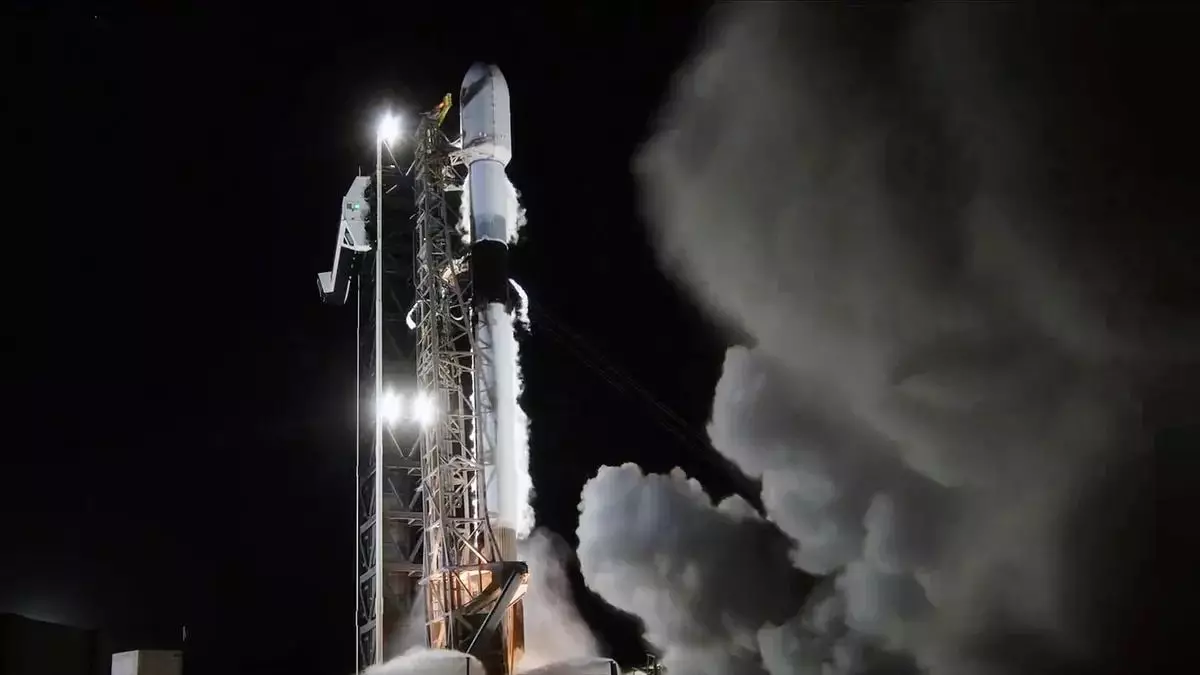On April 21, 2023, a transformative event unfolded at Cape Canaveral Space Force Station, as SpaceX launched its Falcon 9 rocket carrying the groundbreaking Phoenix 1 capsule. This European endeavor, conceived by the German company Atmos Space Cargo, marks a significant milestone in the aerospace landscape. For the first time, a European-designed capsule embarks on a mission to return from space after a single orbit, an ambitious feat that speaks volumes about the continent’s evolving space ambitions. As the world watches, this launch symbolizes not just a moment in space exploration, but a bold assertion of Europe’s capabilities in a field historically dominated by other nations.
The Implications of Phoenix 1
Phoenix 1’s mission is not merely to achieve a successful splashdown near Brazil; it embodies a much larger vision—a vision aimed at redefining space logistics. The capsule’s journey will test essential technologies, including a revolutionary inflatable heat shield, which could set the stage for the future of high-value cargo return from space. This innovation is crucial as it opens doors for microgravity research, in-orbit manufacturing, and expands possibilities within the fields of defense and life sciences. If successful, this mission won’t just be about celebrating a technological triumph; it will lay the groundwork for a new era in European space endeavors, showcasing the capabilities of private sector initiatives.
Commercial Innovation in Space
The increasing accessibility of low Earth orbit provided by SpaceX’s rideshare missions, particularly under the Bandwagon series, is reshaping the commercial space landscape. While the traditional Transporter program has set records by launching numerous satellites, the newer Bandwagon series offers a flexible alternative catering to smaller payloads. This shift is indicative of a larger trend regarding the customization of space missions, highlighting a significant evolution in how we approach space exploration. It opens avenues for small and diverse companies to engage in space projects that were previously beyond their reach, fostering a dynamic ecosystem of innovation and collaboration.
Future Prospects and Challenges
Yet, as we celebrate these advancements, we must also reflect on the challenges that lie ahead. The successful reentry of Phoenix 1 is not guaranteed and navigating the complexities of atmospheric reentry certainly encompasses inherent risks. Furthermore, the ramifications of this mission extend beyond mere technical challenges; they touch on ethical considerations about commercial space exploration’s impact on our planet and the governance of outer space. As Europe positions itself as a competitive player in the global space race, we must ensure that we also prioritize responsible practices within this burgeoning frontier.
The impending success of Phoenix 1 could reshape the narrative of European aerospace while inspiring new generations to dream big. The journey doesn’t end here—the successful flight will be a critical stepping stone, paving the way for future innovations that could potentially redefine our understanding of space logistics and exploration. Europe’s foray into this realm holds promise, but it also demands a conscientious approach to harness its full potential responsibly.


Leave a Reply